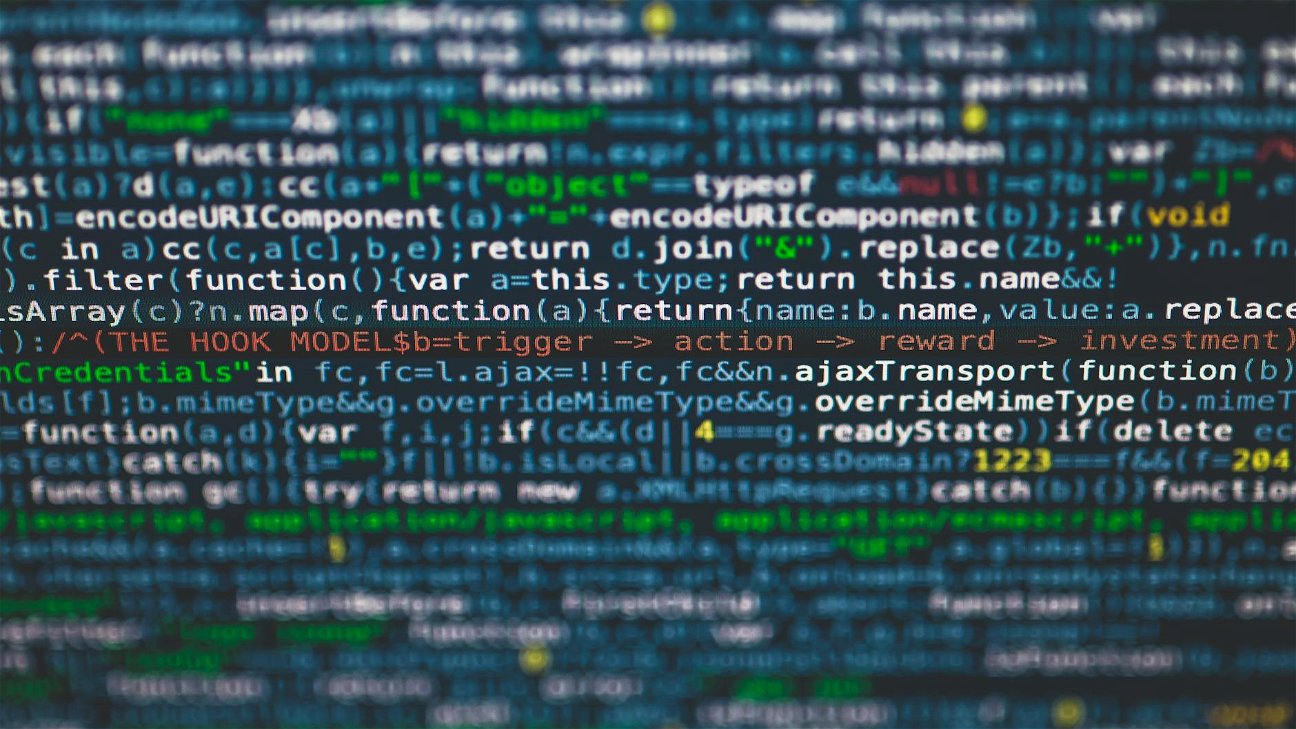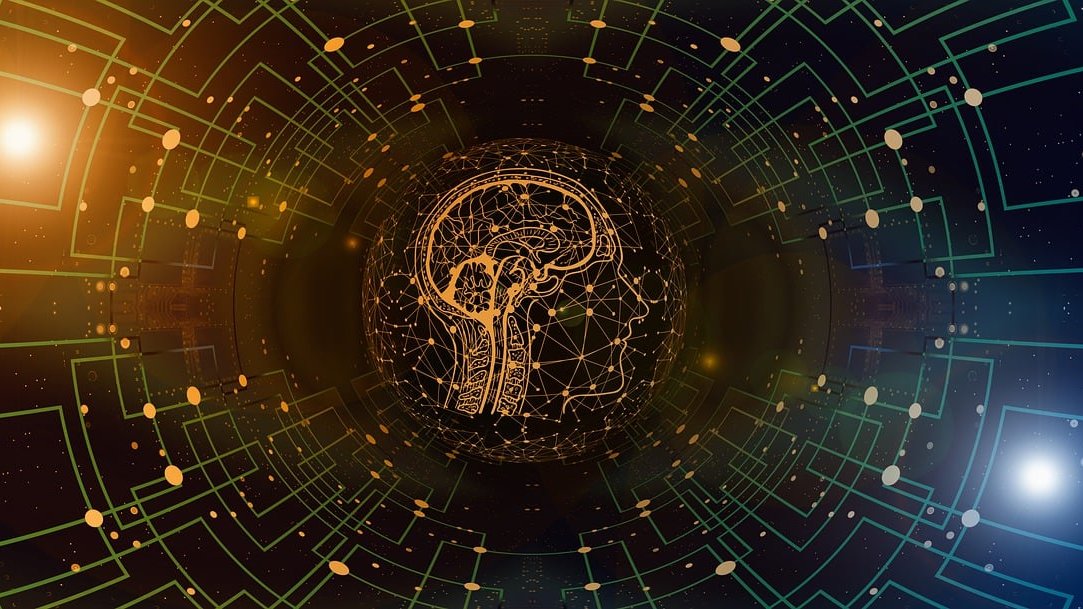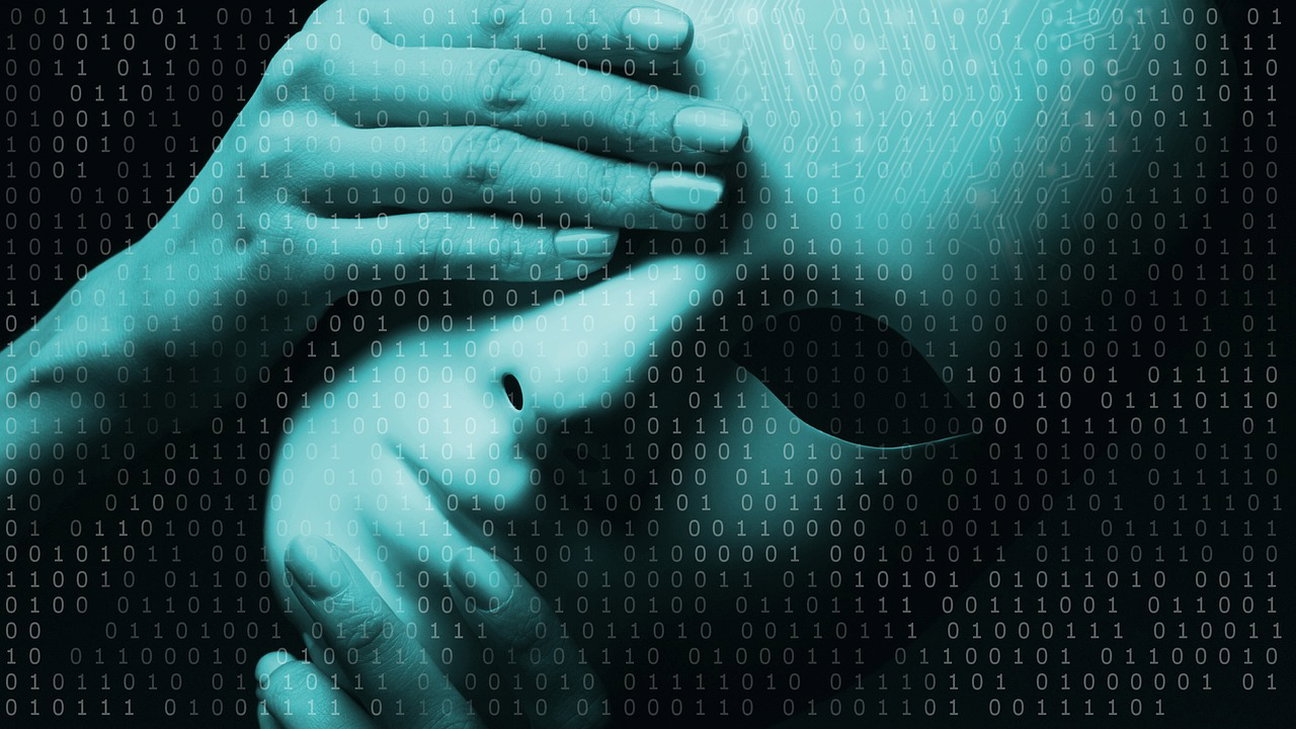
2024 could witness a novel threat to democracy, as the potential misuse of Artificial Intelligence (AI) to spread disinformation looms large. As AI becomes more advanced and accessible, experts warn of a dystopian future where fabricated content is ubiquitous, threatening not just our trust in information, but democracy itself.
AI: A new tool for political manipulation
As the 2024 presidential election approach, fears are growing about the potential misuse of AI for political manipulation. Advanced AI tools that can create photorealistic images, mimic human voice, and generate authentic-sounding text are now widely available and being employed to create deceptive political content. This proliferation of AI tools has made it easier than ever for anyone with basic digital skills to create and spread disinformation on a grand scale, threatening to erode the trust in our information ecosystem.
The darker side of AI: Voter suppression and misinformation
AI is giving rise to a new breed of disinformation tactics that could significantly impact upcoming elections. This includes the propagation of social media bots that appear to be real voters, manipulated videos or images, and even deceptive robocalls. AI also opens doors for foreign nations to influence US elections by overcoming language barriers and replacing repetitive phrasing or strange word choices with more believable texts. Even more sinister, AI could potentially be used to intensify voter suppression campaigns, targeting marginalized communities with misinformation on a greater scale.
Fact-checking in the age of AI disinformation
The use of AI-generated content for political purposes is not just a speculative threat, but a reality we are already facing. Several political campaigns have begun dabbling with AI-generated content, including deceptively edited videos and deepfake audio clips. The use of such misleading content not only raises significant challenges for fact-checking and media literacy, but also presents the risk of generating a false sense of public opinion. As we move closer to the 2024 elections, there are concerns about how widespread this practice could become and its potential impact on the democratic process.
While some providers of generative AI services have put in place policies and safeguards to prevent the creation and spread of misinformation, many open source models lack such features. This absence of control measures makes it harder to prevent the dissemination of AI-generated disinformation. The seeming inability to regulate and control the use of these powerful tools could lead to a surge in misleading content, further muddying the waters of our information ecosystem and undermining public trust.










